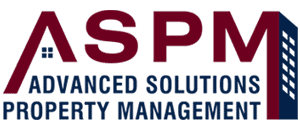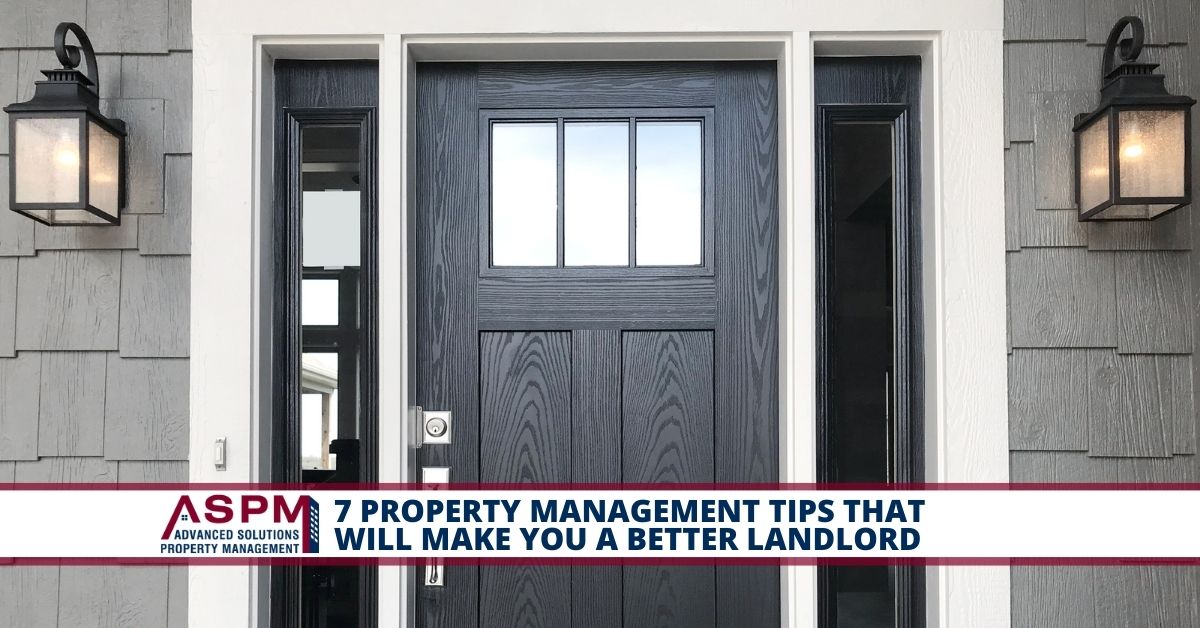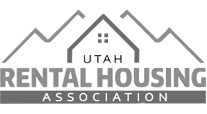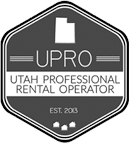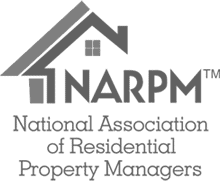7 Property Management Tips That Will Make You A Better Landlord
If you’re a landlord in Salt Lake, then you know what it’s like to manage an investment. It’s not easy, especially if you’re new to the game. You have to find good tenants and make sure they stay in your property, while making sure they pay on time and don’t damage anything. But don’t worry: there are some things that can make this process easier for both you and your tenants.
1. Screen Tenants
Screening tenants is one of the most important things you can do as a landlord. It helps you find a tenant who will pay their rent on time every month, keep your property in good condition, and won’t cause problems with your other tenants. And it helps you avoid losing money to bad renters who skip out on paying their rent or damage property beyond repair during their stay.
Screening tenants also tells you what kind of person they are—whether they’re responsible, respectful and trustworthy—and gives an idea of whether or not they will be compatible with your other residents. You don’t want to risk putting someone who doesn’t get along well with others in close quarters with another tenant!
2. Hire A Property Manager
A property manager is a vital resource for any landlord. They’re responsible for collecting rent, managing maintenance issues and coordinating repairs with contractors, and ensuring that the unit is being occupied by only authorized tenants. They can also be helpful in screening applicants and making sure that the people moving into your property are up to snuff—they’ll run credit checks, collect references from past landlords or employers, and even check their social media pages to make sure they’re not posting inappropriate photos online or engaging in illegal activities (like selling drugs).
If you’re not comfortable doing all these things yourself, consider hiring a rental management company in Salt Lake. It may seem like an unnecessary expense at first glance but they’ll save you time while providing peace of mind: after all they have experience collecting rent checks and keeping tabs on tenants!
3. Create A Preventive Maintenance Plan
A preventive maintenance plan is exactly what it sounds like: a strategy for keeping your rental property in good condition. It’s also a great way to keep your tenants happy and reduce the risk of costly repairs on account of neglect or improper maintenance.
The first step in creating a preventive maintenance plan is to create an inventory of all the major components at your rental property. The most important ones include:
- Appliances (refrigerators, stoves, etc.)
- Electrical systems (fans/lights/switches)
- Plumbing systems (shower heads and faucets)
Once you have this list of important items, add up their costs and write them down next to each item’s name on a piece of paper or spreadsheet. This will help you determine whether replacing any parts would be cost-effective at all—and if so which ones are worth replacing first! Some landlords choose to replace appliances every five years while others prefer doing it every ten years depending upon how old they are as well as other factors such as age-related wear & tear over time.
4. Business Plan
A business plan is a written document that describes the operation of your property and lays out your goals. It’s important to have a business plan in place before you get started with property management, because it will help you define what success looks like for your company and give you an idea of the steps needed to reach these goals. Your business plan should include a marketing plan, so that you can create an actionable strategy for attracting new tenants by reaching out online or through word-of-mouth referrals from current tenants.
5. Use Online Tools
Online tools can be a great way to manage your property and tenants. With online tools, you can organize your business and keep track of everything that’s going on. You also don’t have to worry about storing paperwork or writing things down like you would if you weren’t using an online tool for property management.
Here are some features that some of these tools offer:
- Calendar view where you can see all of your tenants’ leases, notices from them, maintenance requests, etc., in one place
- Software integration so that emails can be sent automatically when certain things happen (e.g., rent is due)
6. Use Rental Agreements and Leases
If you are a landlord or property manager, there’s no arguing that rental agreements and leases are an essential part of your business. They provide tenants with clear expectations about what is expected during their time in the property, as well as how long they will stay.
A rental agreement or lease can include terms that protect both landlords and tenants by ensuring everyone involved understands their rights and responsibilities. A good rental agreement:
- Includes all details about rent payments, late fees and other costs associated with living at the property
- States when rent is due each month (and what happens if it isn’t paid)
- Gives notice if either party wants out of the relationship early
7. Inspect the Property Regularly
Inspect the property regularly. Inspections should be regular, thorough and include all areas of the property. The frequency of inspections depends on factors like your rental agreement and local laws; most landlords do them once per month or every three months.
It’s important to have a professional inspect your rental property because it’s difficult for an amateur landlord to catch everything that needs attention (especially in older houses). A professional will check everything from appliances to plumbing fixtures to electrical wiring—all things that could potentially cause major problems down the line if they’re not functioning properly.
Your inspection report should include photos showing any damage found during the inspection so you can reference it later when making repairs or discussing damages with a tenant who may have caused them accidentally by using something improperly (for example, leaving an iron plugged in).
Being a landlord is a serious job. Being prepared will make it easier.
Being a landlord is a serious job. Being prepared for the day-to-day tasks of property management and keeping your tenants happy will make it easier to handle when things get busy and stressful.
A few of the most important things you’ll need:
- A good property manager who knows what they’re doing, is up-to-date on their skills, and can do the job well. If you don’t have time to manage your own properties but have other employees, consider hiring a professional property manager in Salt Lake who can take care of everything for you so that you don’t have worry about anything but making sure everyone’s getting paid on time.
- The right tools for the job—like an app designed specifically for managing rentals, or even just Microsoft Excel spreadsheets organized by tenant name so that none of them get lost track of what needs done next!
- A plan in place before any problems come up so that nothing catches any landlords off guard!
These are just some of the best tips for being a landlord. We hope that you find them helpful and informative. If you have any other questions about how to manage your property, don’t hesitate to reach out!
